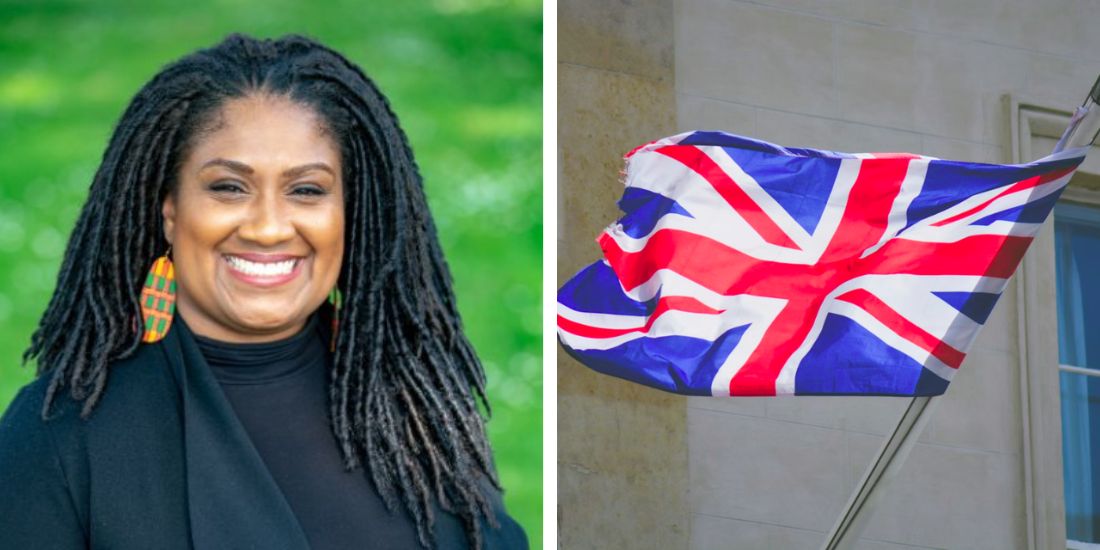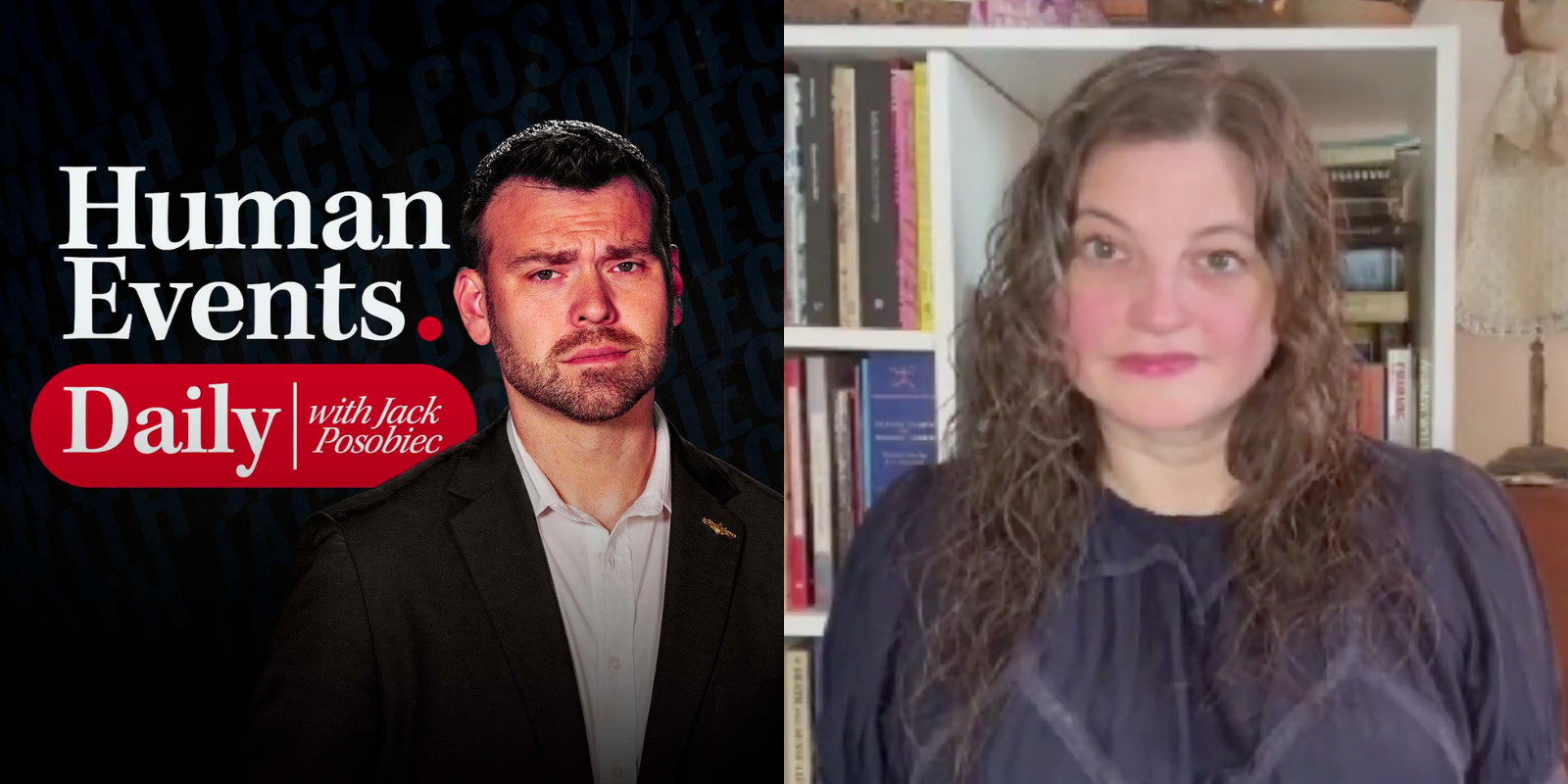Many young conservatives know that Phyllis Schlafly deservedly holds iconic status, but few know the scope of her influence in the conservative movement and Republican Party politics. Phyllis Schlafly and Grassroots Conservatism: A Woman’s Crusade by Donald Critchlow is not just a biography of her distinguished career, but also a history of conservatives within the Republican Party. Critchlow writes, “… [T]he importance of Schlafly lies in what her career tells us about the remarkable changes that took place in the larger politics of the last half of the twentieth century… Schlafly rose in prominence in conservative politics not as a philosopher or intellectual, but as an organizer.”
Phyllis Schlafly and other conservatives led the charge in exposing Republicans who kowtowed to Northeastern elitists like Nelson Rockefeller who squawked about the “electable candidate.” Critchlow provides what may be a hard-to-swallow history lesson to those with Condi-hopes and Rudy-dreams for 2008.
Born in St. Louis in 1924, Phyllis Stewart was “an intellectually precocious and well-adjusted child” who was encouraged by her father, an inventor and avid reader of Shakespeare, and her mother, an attractive and well-educated woman. Both parents believed that Phyllis and her sister, Odile, “should not be any less ambitious or educated than boys.” Though politics wasn’t a subject they talked about very often, it is clear that her parents’ dedication to education and personal responsibility shaped her beliefs. Even though her father lost his job during the Depression, he refused welfare assistance because he believed future generations would have to pay for “Roosevelt’s war on the free-enterprise system, this planned economy, and the welfare state he was building.”
Upon graduating from high school, Phyllis gave up a four-year scholarship to a local college and instead transferred to Washington University working full-time to pay the tuition. She worked the eight-hour night shift testing ammunitions by firing machine guns and rifles. She went on to receive a master’s degree in government from Harvard University in 1944 and doctor of jurisprudence from Washington University Law School in 1978 after she had raised her six children.
Phyllis settled on a job at American Enterprise Association, now known as American Enterprise Institute, where she poured over its vast library of books, government reports, back issues of HUMAN EVENTS and other newspapers and learned to frame complex issues. She later moved back to St. Louis and became involved in local causes while working at two leading financial institutions. She gained experience speaking on financial issues at local women’s club meetings. She is still a frequently-requested campus speaker through the Luce Policy Institute’s Conservative Women Speakers Program.
In 1949, Phyllis married Fred Schlafly, a lawyer from Alton, Illinois. Critchlow describes their “unusual courtship” as they saw one another very little throughout the week and instead exchanged letters and poetry. The Schlaflys had a remarkable partnership with shared intellectual curiosity and faith that was passed down to their children. Critchlow states, “Life for Phyllis Schlafly was nearly perfect, and it reinforced her own conservative values and developing political education as a conservative.”
Phyllis Schlafly and Grassroots Conservatism outlines Mrs. Schlafly’s leadership prior to her successful campaign against the Equal Rights Amendment and founding of Eagle Forum. From her outspoken criticism of liberal Republicans who failed to address the dangers of communism to her bestselling book supporting Barry Goldwater, A Choice Not an Echo, she was a national leader.
Intertwined with the tediousness of party politics are anecdotes of Mrs. Schlafly’s influence and popularity during the conservative revolution leading up to Ronald Reagan’s nomination in 1980. After attending the 1964 Republican convention that sealed Goldwater’s nomination, the Schlaflys, comedian Bob Hope and his wife, boarded a plane after a stop in Seattle. The pilot announced that a crowd had gathered at the gate and requested autographs from one of the passengers. Critchlow described the scene:
Bob Hope stood up, straightened his tie, and started to the door when the pilot apologetically told him the crowd wanted Phyllis Schlafly to come out and autograph her book, A Choice Not an Echo, the bestselling political book of the year… In the crowd was Mrs. Edgar Eisenhower, the former President’s sister-in-law, who had come from Tacoma to see Phyllis at the airport. She expressed the sentiments of Goldwater activists when she told Schlafly, “You gave us a tool when we needed it most.”
Long before U.S. Senator Roger Jepson declared in 1980 that, “I am a conservative because I am for change,” Phyllis Schlafly was writing pamphlets, party platforms and placards to mobilize untapped sources for political change – evangelicals, mothers and housewives.
In Slander: Liberal Lies About the American Right, Ann Coulter wrote, “Winning her reputation as the greatest pamphleteer since Thomas Paine, Schlafly mobilized an army of women – all before the Internet.” Coulter also observed radical feminists’ scorn for a woman with incredible accomplishments. “Consequently, she is demeaned and censored by the champions of women’s advancement. There is a raw ‘1984’ blackout quality to the media’s ideological refusal to acknowledge Schlafly while posting endless tributes to worthless feminist nothings.”
Phyllis Schlafly and Grassroots Conservatism gives young conservative hopefuls a blueprint for success both inside the beltway and in grassroots campaigns. Mrs. Schlafly’s work ethic and dedication is incomparable, yet her story is one that many young women don’t hear – it is possible to be a successful, career-minded conservative woman who is equally dedicated to faith and family.





